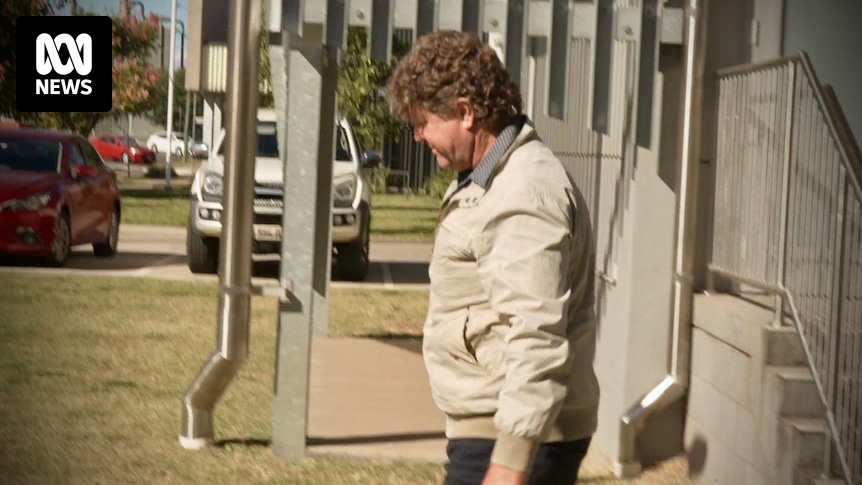
A Queensland farmer, previously convicted of sexual offences against a British backpacker, has successfully appealed his conviction and will face a new trial. Wayne Robert Green, who was found guilty by a jury in the District Court in Kingaroy of rape and procuring a sexual act by intimidation in May 2024, has had his conviction overturned by the Queensland Court of Appeal.
The jury had determined that Mr. Green raped a 21-year-old UK woman while she was employed on his Mondure farm near Murgon, approximately 250 kilometers north-west of Brisbane, in 2017. During the trial, the prosecution argued that Mr. Green threatened the woman with withholding her visa paperwork and payment for her work unless she complied with his demands.
Appeal Grounds and Court Decision
Mr. Green, who pleaded not guilty to the charges, was sentenced to three years and six months in prison. He appealed the decision in February, claiming that there was an agreement between him and the complainant, where sexual acts were exchanged for visa and payment assurances.
The appeal highlighted a miscarriage of justice due to the complainant giving evidence via video link from the United Kingdom. The judgement noted that this setup caused multiple disruptions, including technical issues and significant delays.
“It is apparent from viewing her recorded evidence that she grew weary, yet cross-examination continued,” the judgement stated. “That environment deprived the defence of a fair opportunity in which to cross-examine the complainant.”
The Court of Appeal also found fault with the timing of the testimony, which occurred during nighttime hours in the UK, starting at 12:55 am and concluding at 7:21 am local time. The complainant’s fatigue was evident and impacted the fairness of the proceedings.
Judicial Missteps and New Trial
Another successful appeal ground involved the trial judge, Judge Glen Cash, who directed the jury on a matter of contested fact. The Court of Appeal determined this direction contributed to a miscarriage of justice, as it unfairly influenced the jury’s perception of the complainant’s credibility.
“The comment related to the judge directing the jury to ‘be cautious before reaching conclusions about whether [the complainant’s] behaviour is consistent or inconsistent with her allegations being true,'” the judgement found. This guidance was deemed to have an “unfair impact” on the verdict.
As a result, the Court of Appeal unanimously decided to set aside Mr. Green’s convictions and ordered a new trial.
Implications and Future Proceedings
This development marks a significant turn in a case that has drawn considerable attention both locally and internationally. Legal experts suggest the appeal’s success underscores the importance of ensuring fair trial conditions, particularly when utilizing technology for cross-border testimonies.
Meanwhile, the case highlights ongoing challenges within the legal system regarding the handling of sensitive testimonies and the potential for technology to inadvertently hinder justice. The new trial will likely revisit these issues, with both sides preparing to present their cases once more.
As Mr. Green awaits his new trial, the case continues to resonate with broader discussions about the rights of workers on temporary visas and the responsibilities of employers. The outcome of the new trial could have lasting implications for similar cases in the future.
The legal community and public will closely watch the proceedings, as the retrial promises to address the complexities and nuances that initially led to the appeal. The court’s decision to grant a new trial reflects a commitment to ensuring justice is served fairly and without prejudice.







